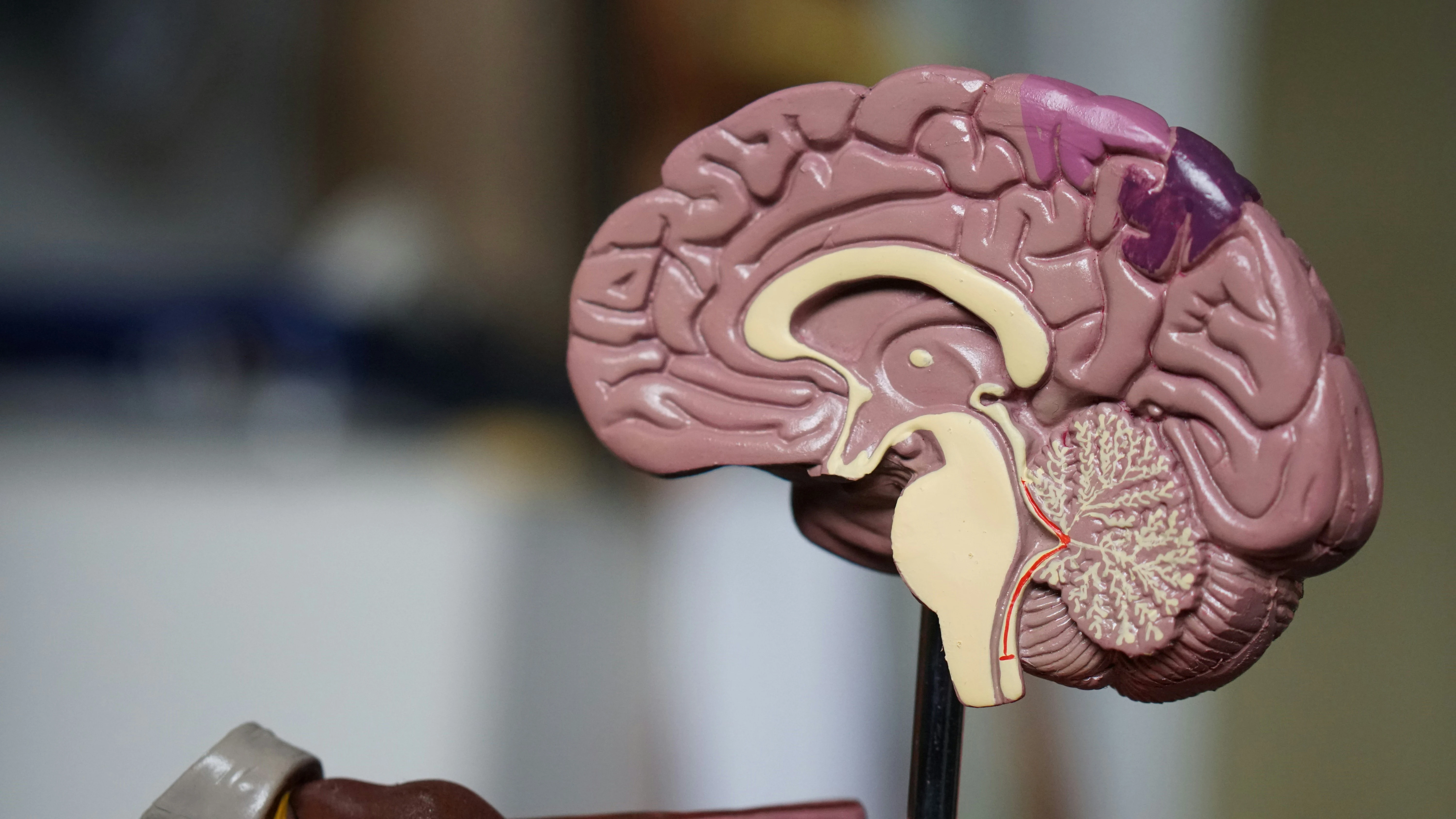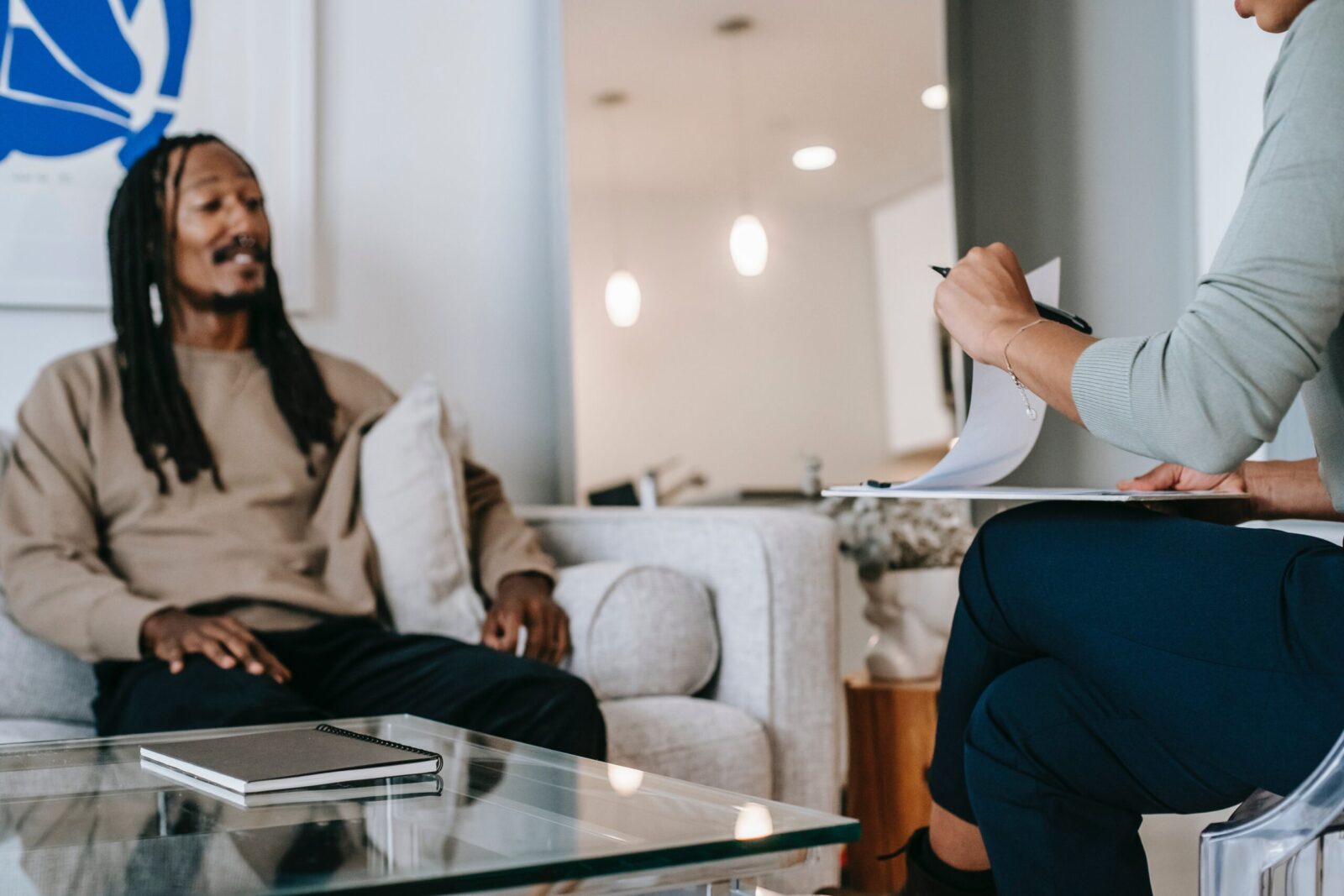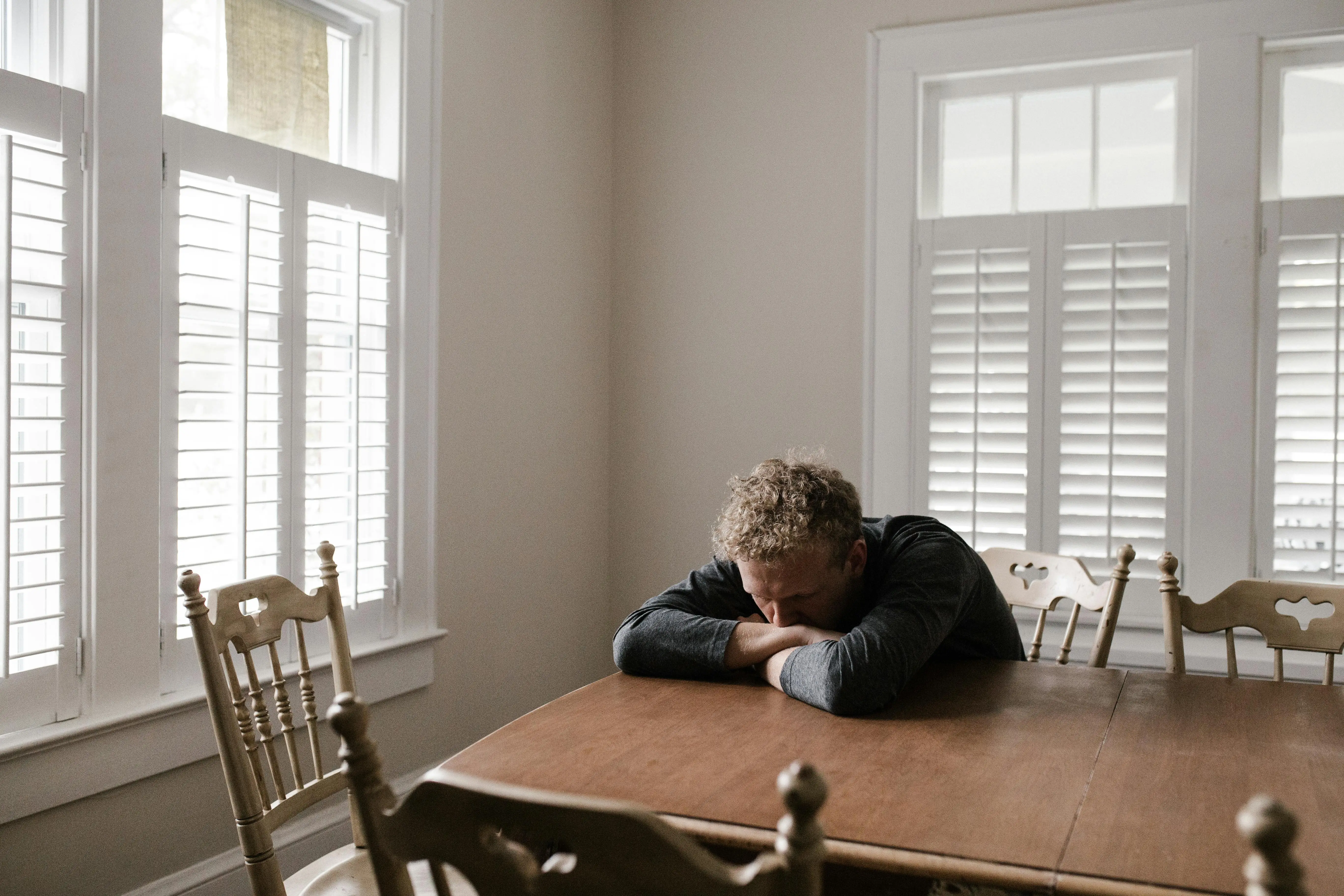

In today’s fast-paced world, mental health has become a significant concern for many individuals, particularly those from marginalized communities. Despite increased awareness and efforts to reduce stigma, accessing culturally competent mental health care remains a challenge for many African Americans in California. This comprehensive guide will explore the importance of finding African American therapists, provide practical tips for locating them, and address common questions surrounding this topic.
Why Choose African American Therapists?
Understanding Cultural Context:
African American therapists bring a unique cultural perspective to therapy, understanding the historical, social, and systemic factors that impact the mental health of their clients. They are well-versed in navigating issues such as racial discrimination, intergenerational trauma, and cultural identity, allowing for more meaningful and relevant therapeutic interventions.
Overcoming Stigma:
Many African Americans face cultural stigma surrounding mental health issues, which can deter them from seeking help. Working with a therapist who shares their cultural background can help reduce feelings of shame and promote a more open dialogue about mental health within the community. African American therapists create a safe and affirming space where clients feel understood and accepted, encouraging them to address their mental health concerns without fear of judgment.
Building Trust and Rapport:
Shared experiences and cultural understanding can help foster trust and rapport between African American clients and therapists, leading to more effective therapy outcomes. Clients often feel more comfortable and validated when working with a therapist who can relate to their experiences and cultural norms. This solid therapeutic alliance forms the foundation for productive collaboration and meaningful growth throughout the therapeutic process.
Tailored Treatment Approaches:
African American therapists may incorporate culturally relevant interventions and approaches into their practice, ensuring that treatment is culturally sensitive and responsive to the needs of their clients. They draw upon cultural strengths, traditions, and healing practices to tailor interventions that resonate with their clients’ cultural identities and values. This personalized approach enhances the effectiveness of therapy and promotes holistic well-being.
How to Find African American Therapists Near Me:
- Online Directories: Utilize online directories specifically designed to help individuals find African American therapists in their area. Websites like Therapy for Black Girls and Melanin and Mental Health offer comprehensive listings of therapists by location, specialization, and insurance coverage. These directories make browsing profiles, reading therapist bios, and contacting potential providers to inquire about their services accessible.
- Professional Associations: Explore professional associations such as the Association of Black Psychologists, which provide resources and directories of African American mental health professionals. These organizations often have member directories or referral services that connect individuals with culturally competent therapists. Additionally, they may offer educational events, conferences, and networking opportunities for therapists and community members.
- Referrals: Seek recommendations from friends, family members, or trusted community leaders who may have experience working with African American therapists. Personal referrals can provide valuable insights into the therapeutic process and help you identify therapists who align with your preferences and needs. Feel free to contact your social network for recommendations and support in your search for a therapist.
- Community Organizations: Reach out to local community organizations, churches, or cultural centers that may offer mental health resources or referrals to African American therapists. These organizations often partner with mental health providers and can provide guidance and support in accessing culturally competent care. Attend community events, workshops, or support groups to connect with others and learn about available resources in your area.
- Teletherapy Platforms: Consider teletherapy platforms prioritizing diversity and inclusion, offering access to a diverse network of therapists, including African American professionals. Teletherapy provides convenient and flexible access to therapy from the comfort of your home, eliminating geographical barriers and expanding your options for finding a therapist who meets your needs. Look for platforms prioritizing client privacy, security, and therapist credentials to ensure a safe and effective therapeutic experience.
FAQs About Finding African American Therapists:
Q: Are African American therapists only available in urban areas?
While larger cities may have more African American therapists, many practitioners also serve clients in suburban and rural areas. Online therapy platforms offer accessible options for individuals in remote locations, allowing them to connect with African American therapists regardless of location.
Q: How can I ensure that a therapist is culturally competent?
Look for therapists specializing in multicultural counseling or have experience working with African American clients. Ask about their training, approach to cultural competence, and commitment to diversity and inclusion. Additionally, consider scheduling an initial consultation or intake session to assess the therapist’s cultural sensitivity and alignment with your values and preferences.
Q: Is it essential for my therapist to share my cultural background?
While shared cultural background can enhance rapport and understanding, it is not a requirement for effective therapy. Focus on finding a therapist who demonstrates cultural humility, empathy, and a willingness to learn about your experiences. A culturally competent therapist will respect and validate your cultural identity while prioritizing your individual needs and goals in therapy.
Q: Are African American therapists more expensive than other therapists?
Therapy fees vary depending on location, credentials, and practice setting. Many therapists offer sliding scale fees or accept insurance, making therapy more affordable and accessible for clients from diverse backgrounds. Some therapists also offer pro bono or low-cost services to individuals with financial constraints. Discussing fees and payment options with potential therapists is essential to ensure that therapy is financially feasible.
Q: How do I know if therapy is working for me?
Pay attention to changes in your mood, behavior, and overall well-being as you progress through therapy. Notice any improvements in your symptoms, coping strategies, or interpersonal relationships. Communication with your therapist is critical; discuss your progress, concerns, and goals regularly to ensure that therapy remains effective and aligned with your needs. If you feel stuck or dissatisfied with your progress, don’t hesitate to discuss these feelings with your therapist and explore alternative approaches or interventions.
Conclusion:
Finding the right therapist is a crucial step in prioritizing your mental health and well-being, especially for African Americans in California. Individuals can access more culturally competent and responsive care by seeking out African American therapists who understand their clients’ unique cultural and social contexts. Utilize this guide’s resources and strategies to embark on your journey toward healing and self-discovery with confidence and empowerment. Remember that therapy is collaborative; finding the right fit may take time and effort. Trust your instincts, advocate for your needs, and prioritize your mental health journey.



